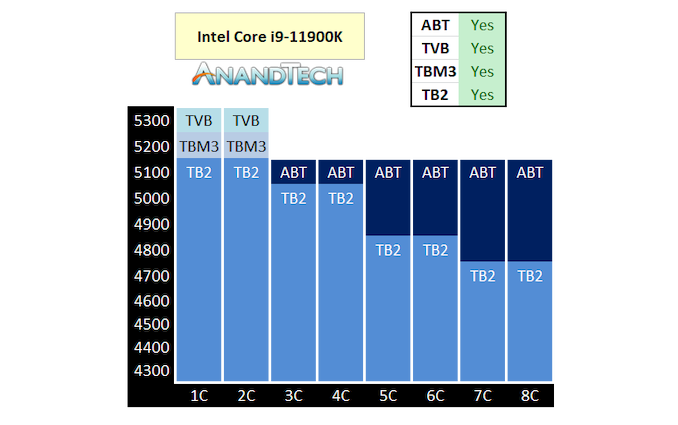I get what TVB is about, but you can do a full blown overclock to get that out of an 11700K, which is what enthusiasts should do. Myself as an enthusiast, bought a locked processor and turned off the power limits. I still get my 5.2Ghz single core and 5.1Ghz dual core without needing a K series chip, and it was the same cost as a 11700K...Slightly slower, but I do have the extra cores when I do something that needs it (probably never, but more cache anyway)
K series and business rarely go hand in hand. Honestly don't think I have ever encountered one. Speed is usually less important than reliability, and there are high clock speed Xeon variants that usually fill this role. And for serious tasks, you find a way to make it multithreaded. Anyone using a spreadsheet at that level is not doing it right, that is when you want to switch to a database.



